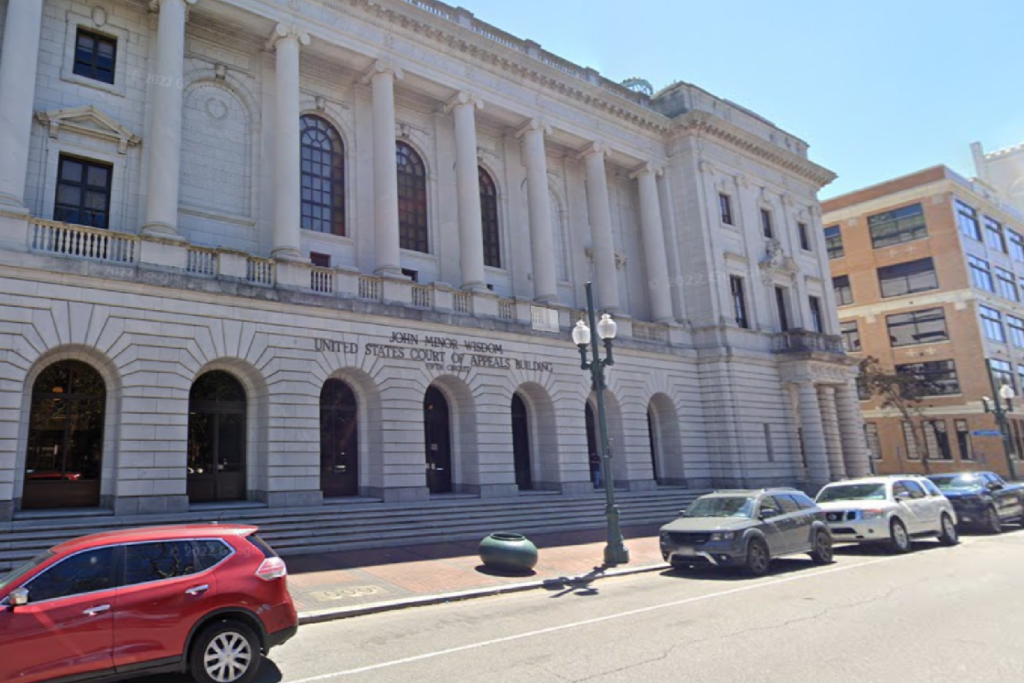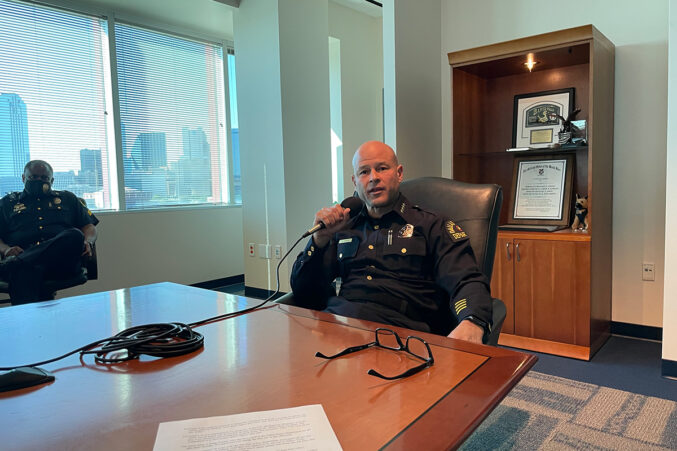The Supreme Court of the United States will have to rule on case law that will dictate whether Dallas real estate developer Ruel Hamilton can begin serving his sentence for bribing two council members. Last week, the Fifth Circuit Court of Appeals court ruled 9 to 7 that it would not rehear Hamilton’s case after a three-judge panel vacated the sentence in August.
A jury convicted Hamilton in June 2021 for bribing former Dallas City Council members Dwaine Caraway and the late Carolyn Davis in exchange for favorable votes in his subsidized low-income housing developments. Hamilton’s team appealed, alleging prosecutors improperly told the jury that Hamilton could be found guilty even without evidence of a “quid pro quo,” meaning receiving something material in return for the money.
Hamilton, 65, was the head of AmeriSouth Realty Group, which pursued tax credits to help build subsidized apartment complexes in southern Dallas. Properties that receive City Council support are more likely to be granted the tax breaks than those which are not.
The indictment alleged that Hamilton paid Davis about $40,000 through a nonprofit run by a friend. She then lobbied for one of Hamilton’s properties, which did not wind up receiving the tax credits. In vacating the sentence, the judges in their opinion characterized the payments as “gratuities” and not bribes, because nothing came back to Hamilton. The Supreme Court will need to rule as to whether the statute includes gratuities along with bribes, because the circuit courts are now split on the matter.
The First, Fourth, and now Fifth circuits say that the statute in question only criminalizes quid pro quo, but not gratuities. Five other circuit courts found that the statute is intended to cover both bribery and illegal gratuities. The dissent in Hamilton’s case, penned by Judge James C. Ho, indicates that it’s not the last we’ve heard of this.
“But what’s worse, it was entirely unnecessary for the panel to wade into the circuit split, because this case could have easily been affirmed on the basis of quid pro quo corruption,” Ho wrote. “After all: The district court instructed the jury on quid pro quo corruption. The parties litigated this case as a quid pro quo corruption case throughout the proceedings below.”
Ho said the prosecution provided ample evidence that Hamilton’s actions broke the law, and the jury convicted him based on that evidence.
“There was no need to take sides in this split,” he said. “We could have, and should have, affirmed the convictions regardless.”
This outcome also likely impacts the case of former San Angelo police chief Tim Vasquez, who was convicted of similar charges a year ago. In December, he was allowed to delay his appeal until after the Fifth ruled on Hamilton’s case.
The developer can be retried, but it’s likely federal prosecutors will wait for a ruling from the high court.
Author






